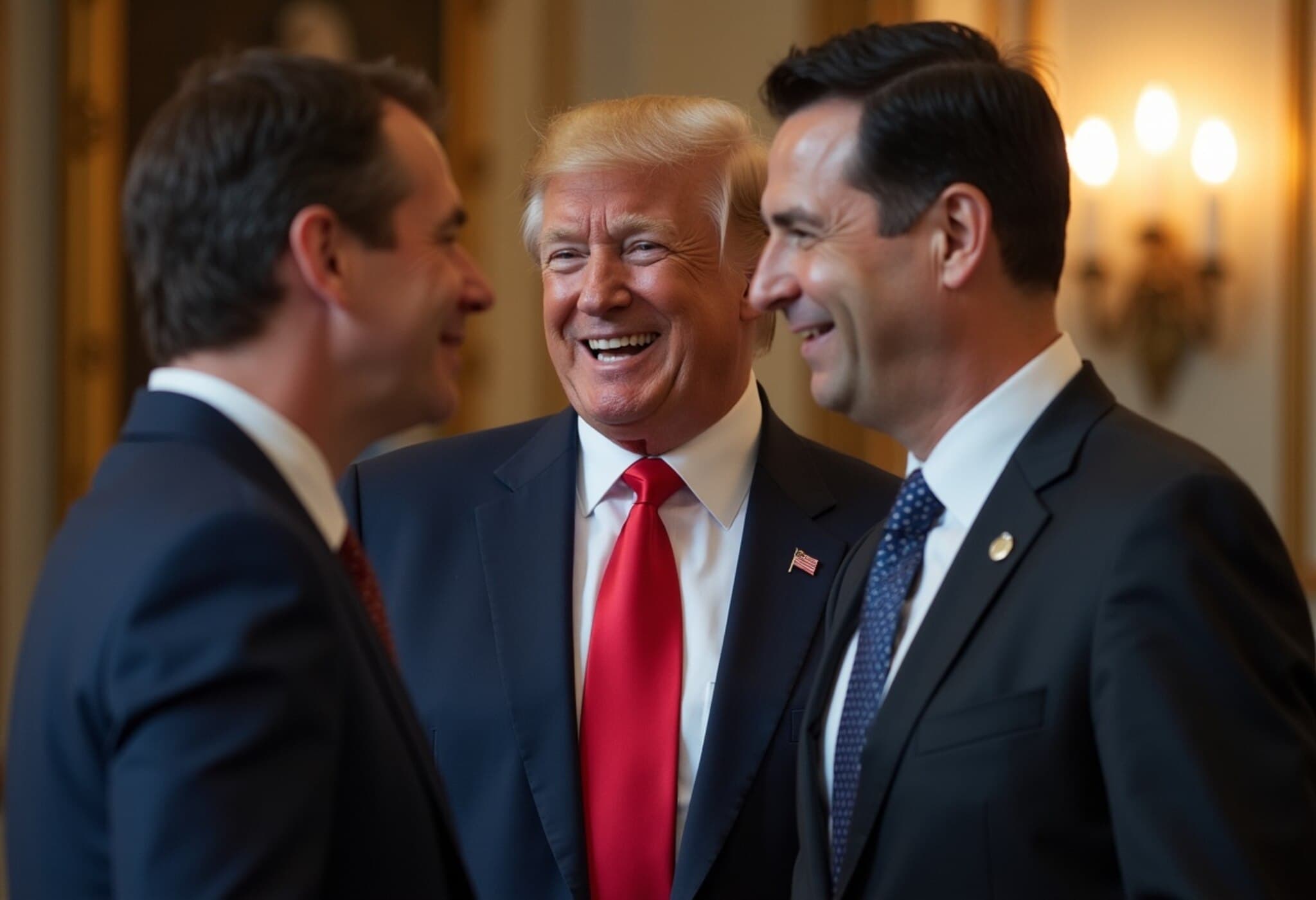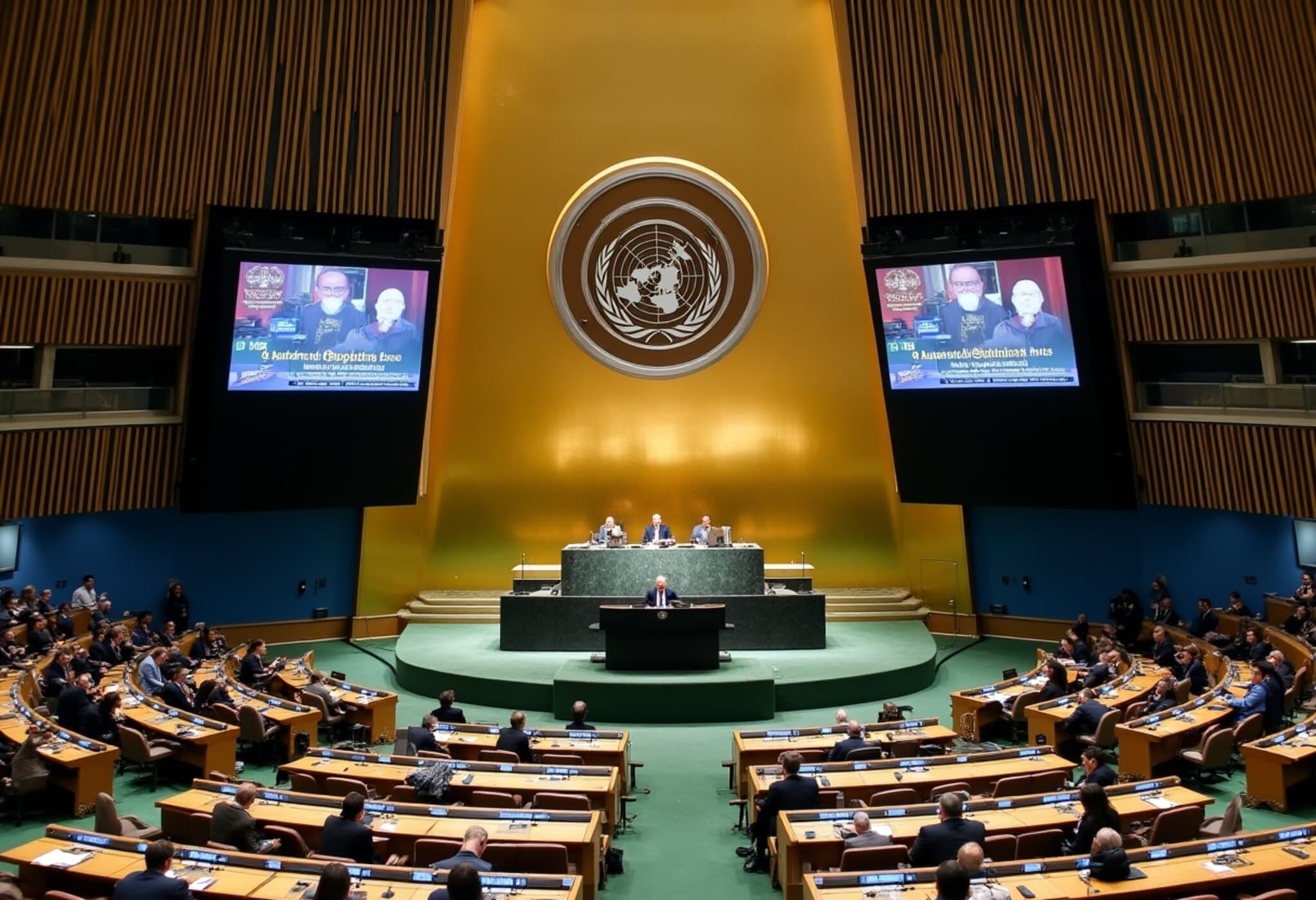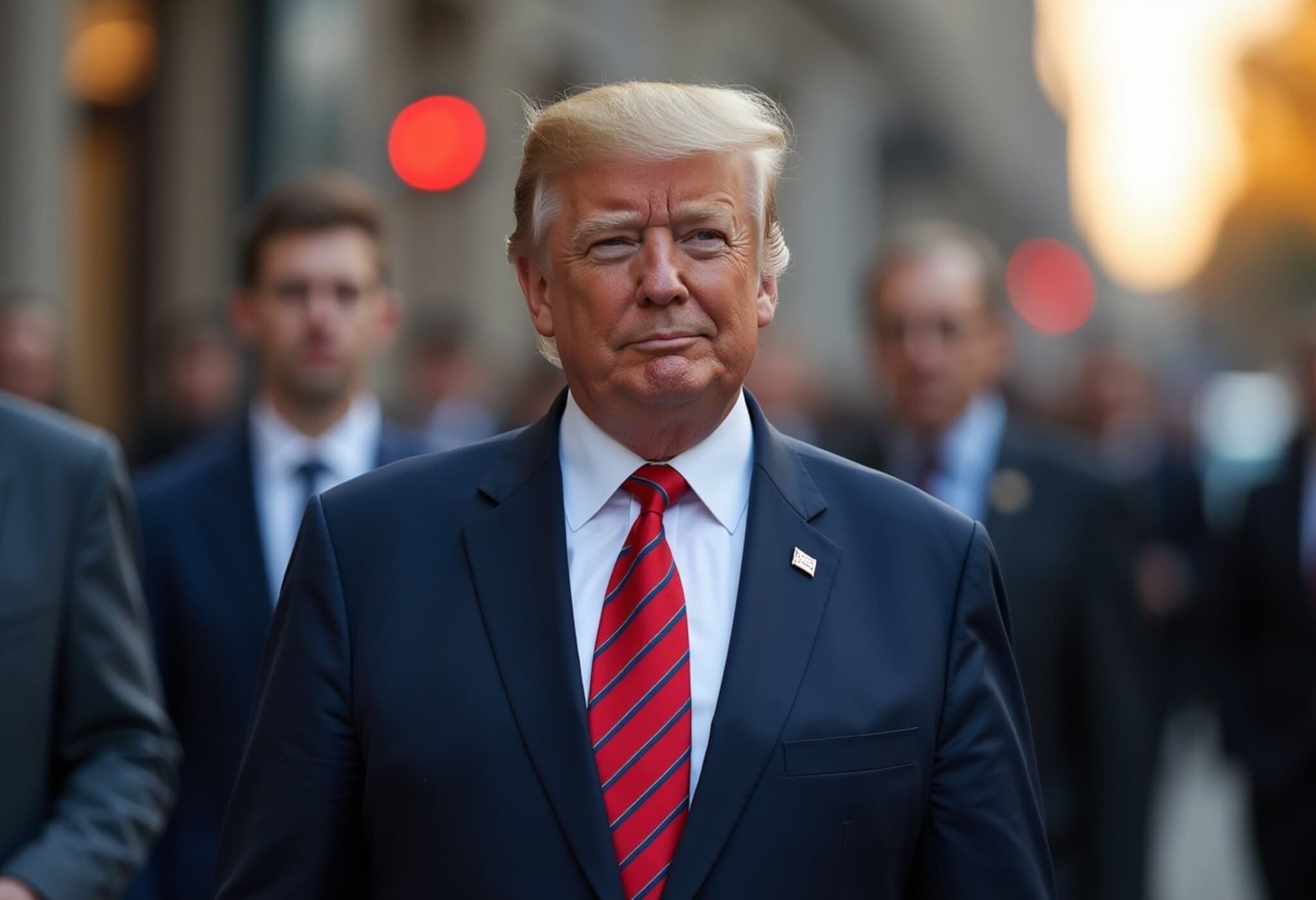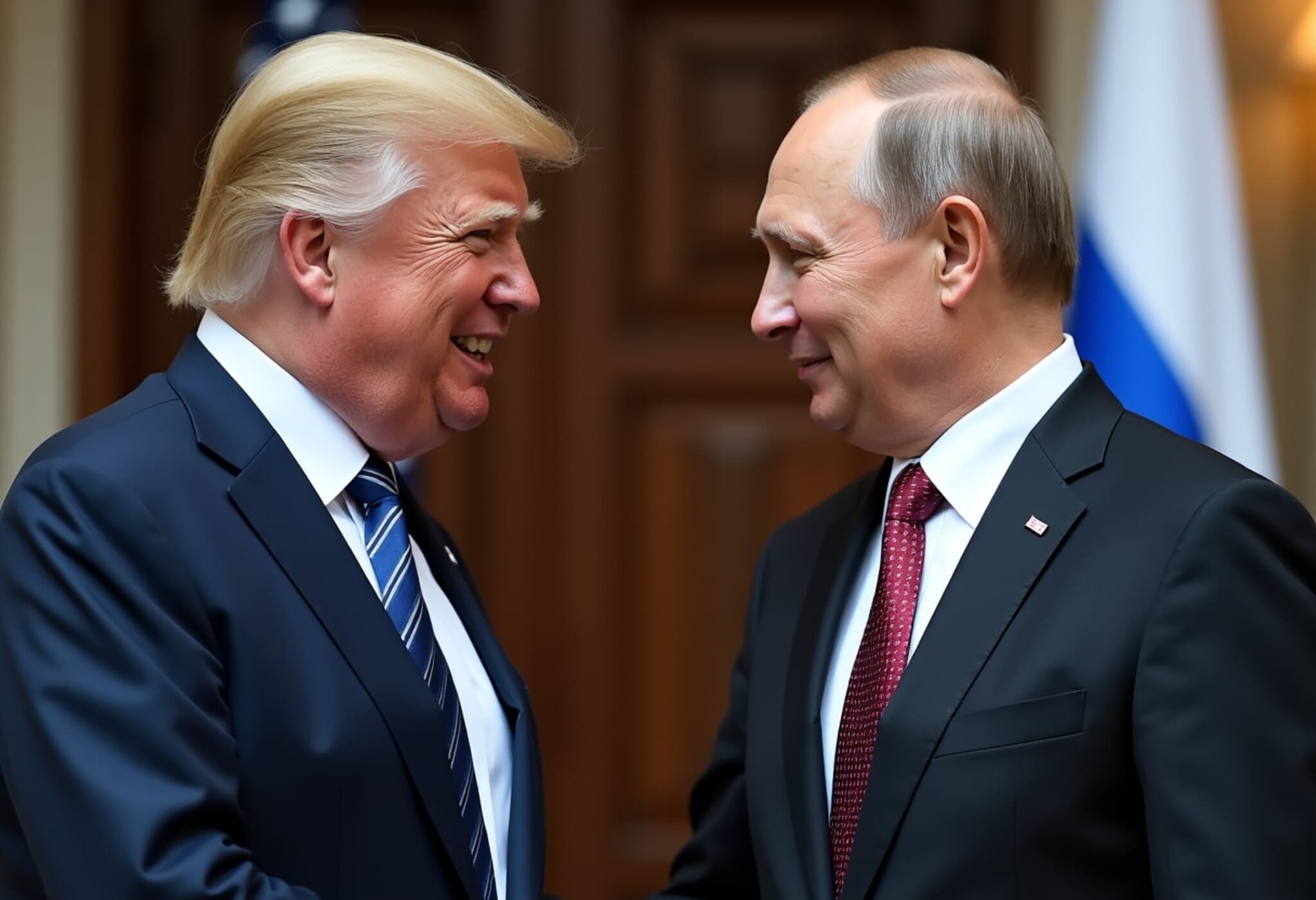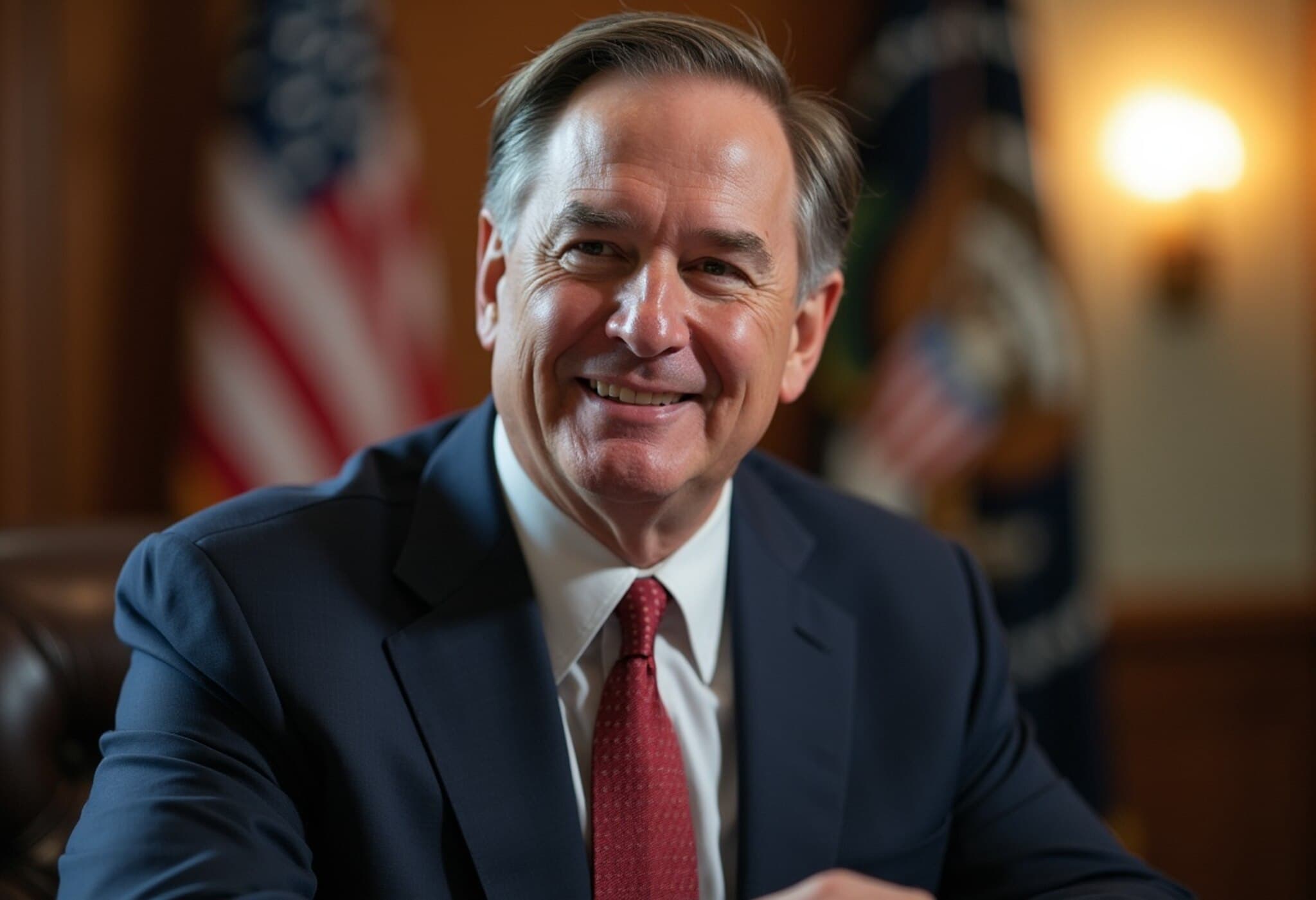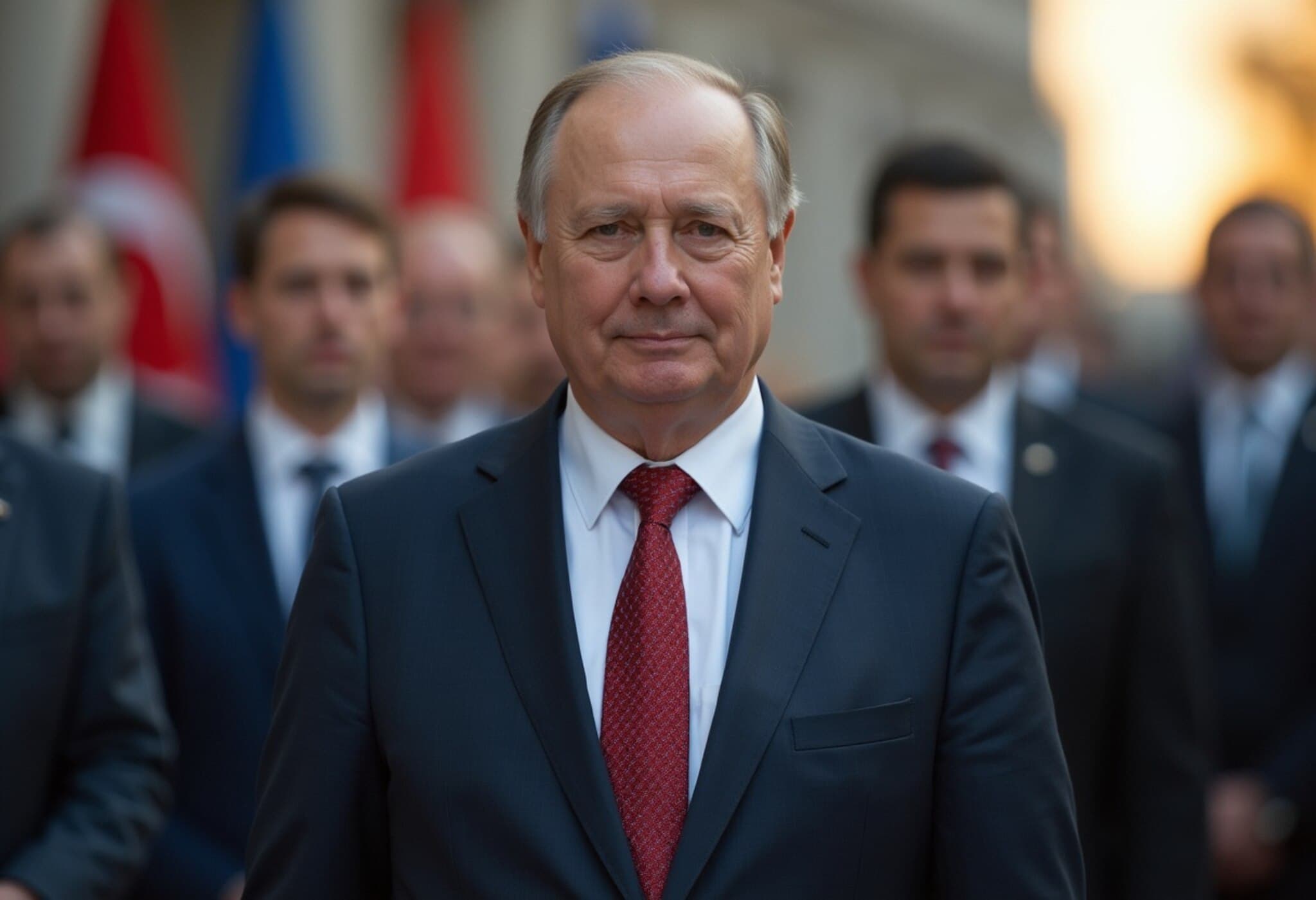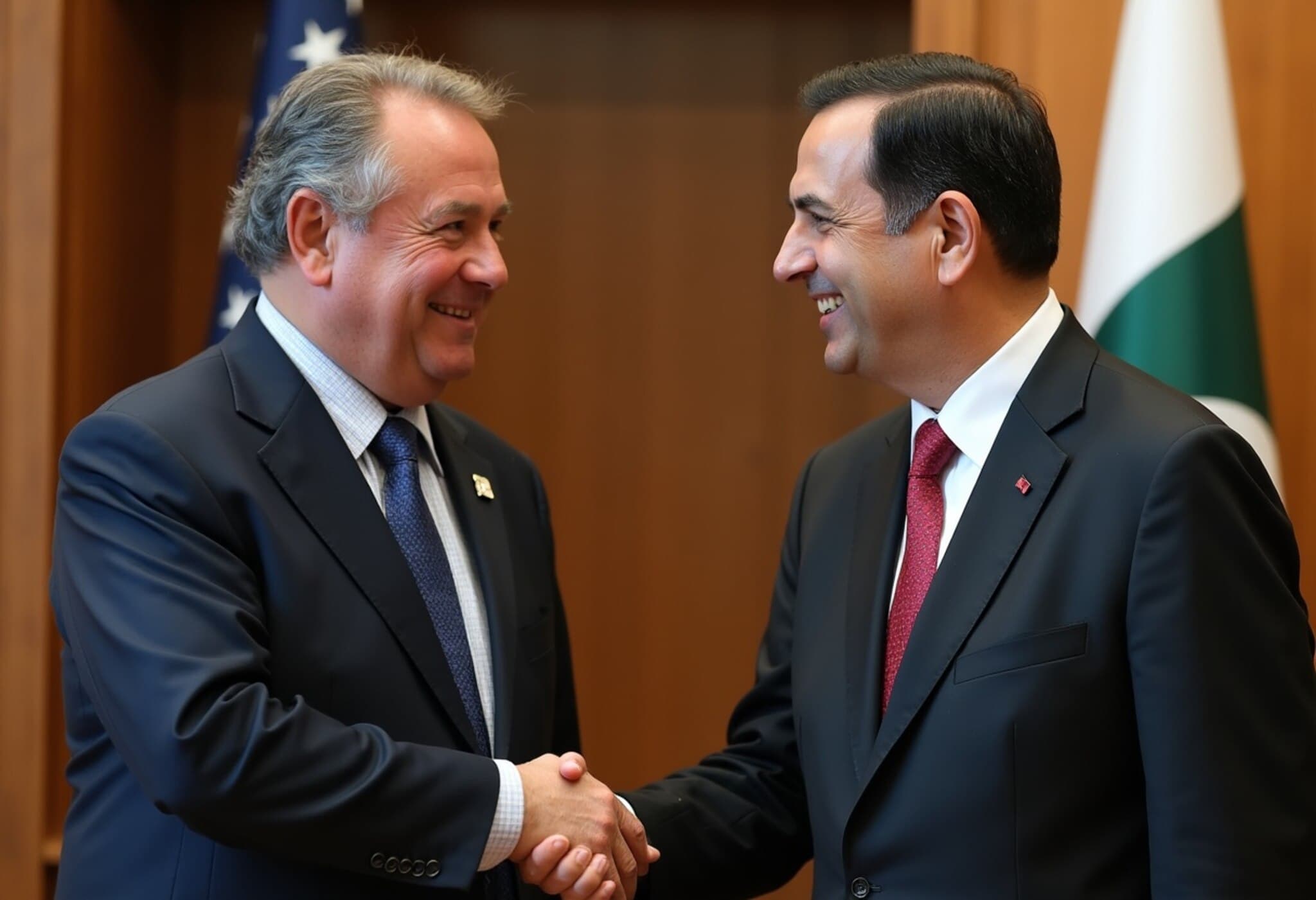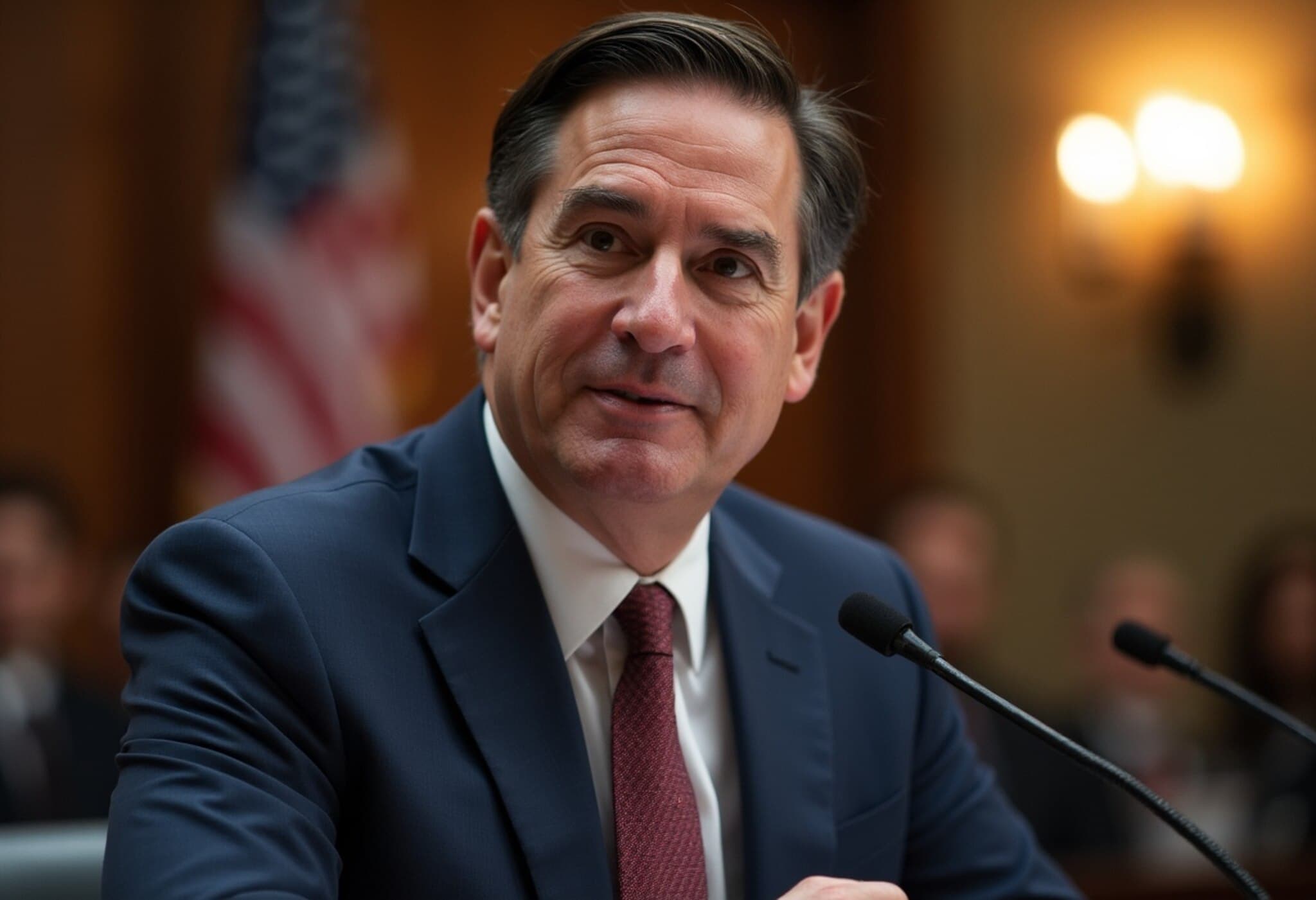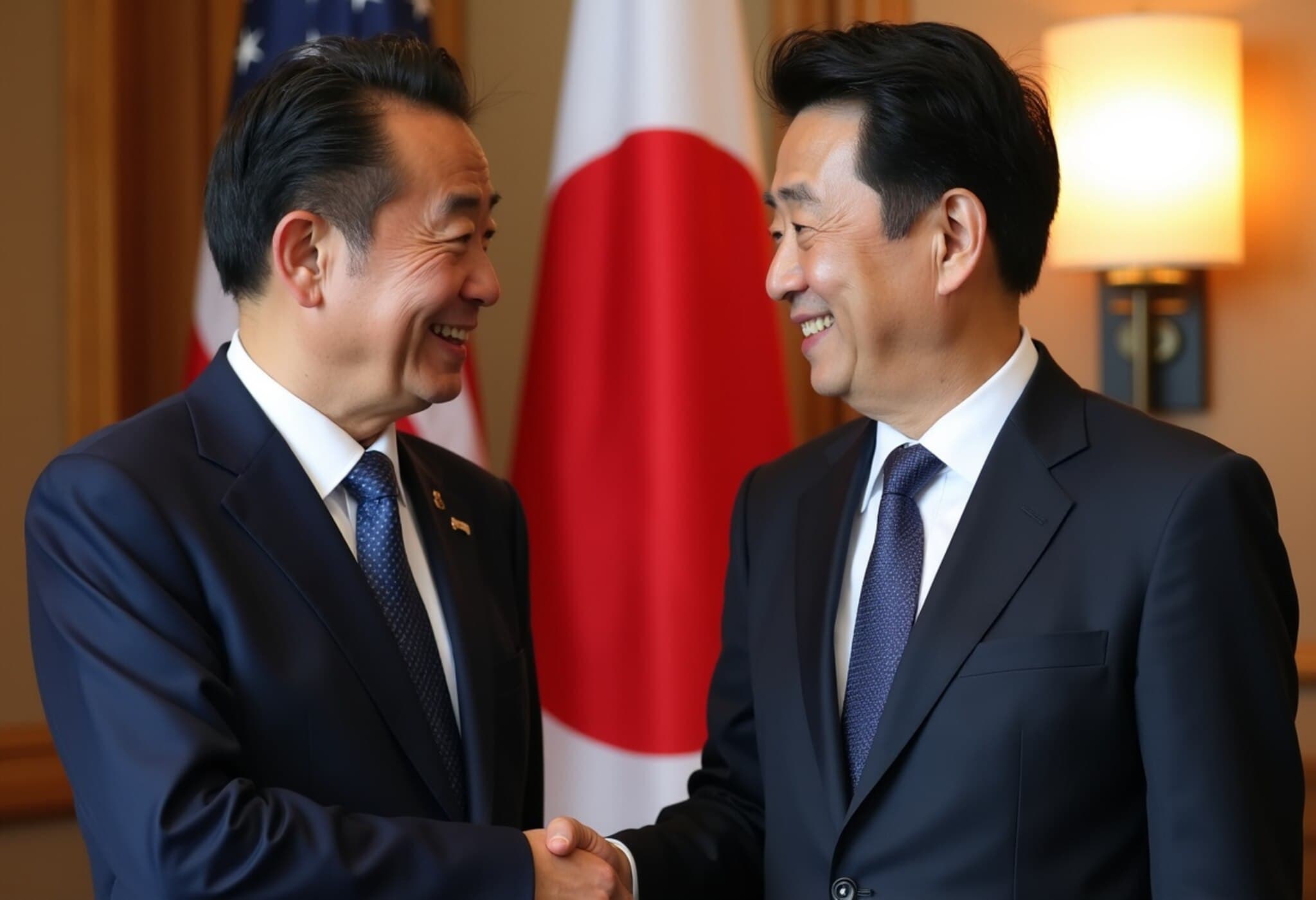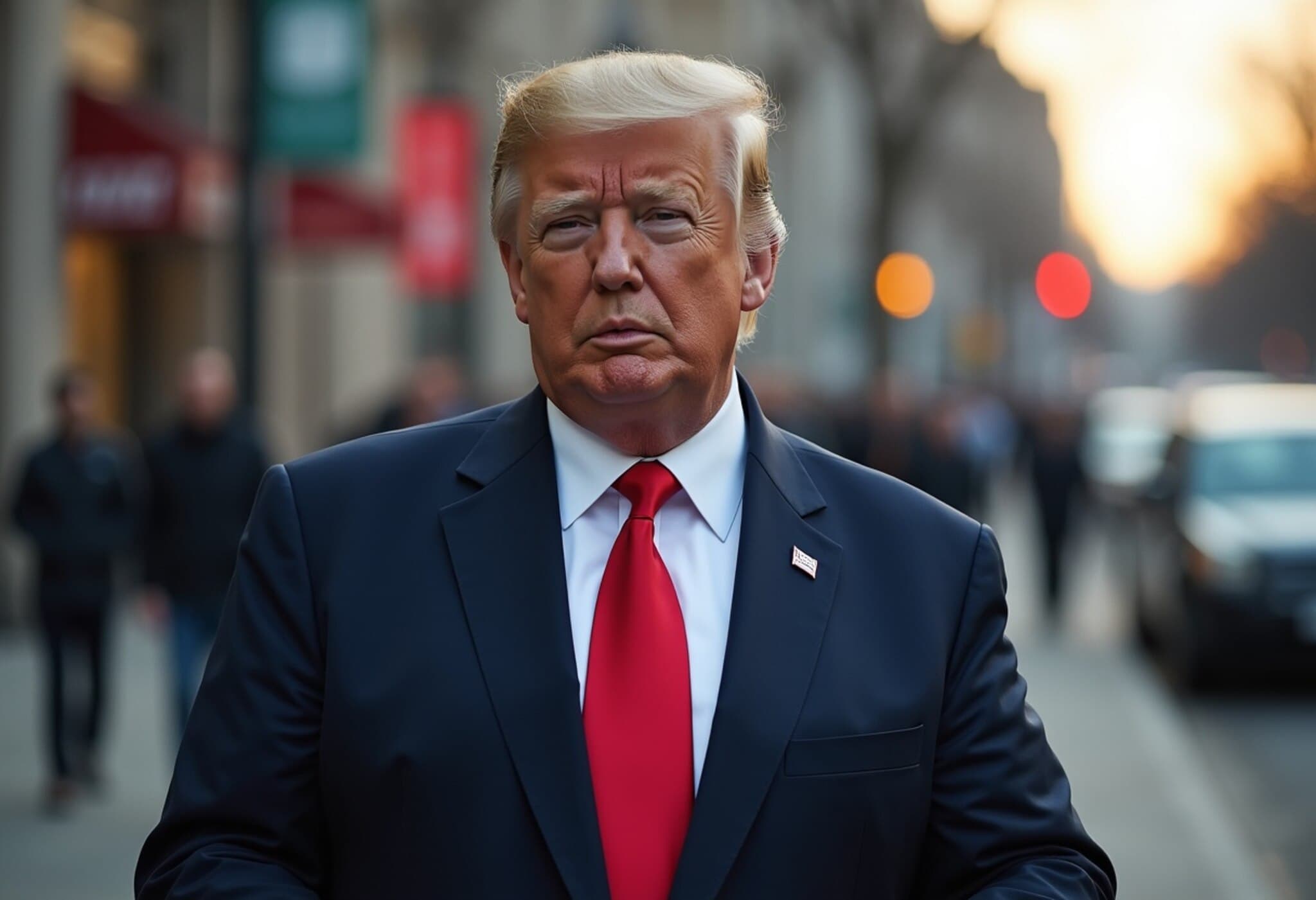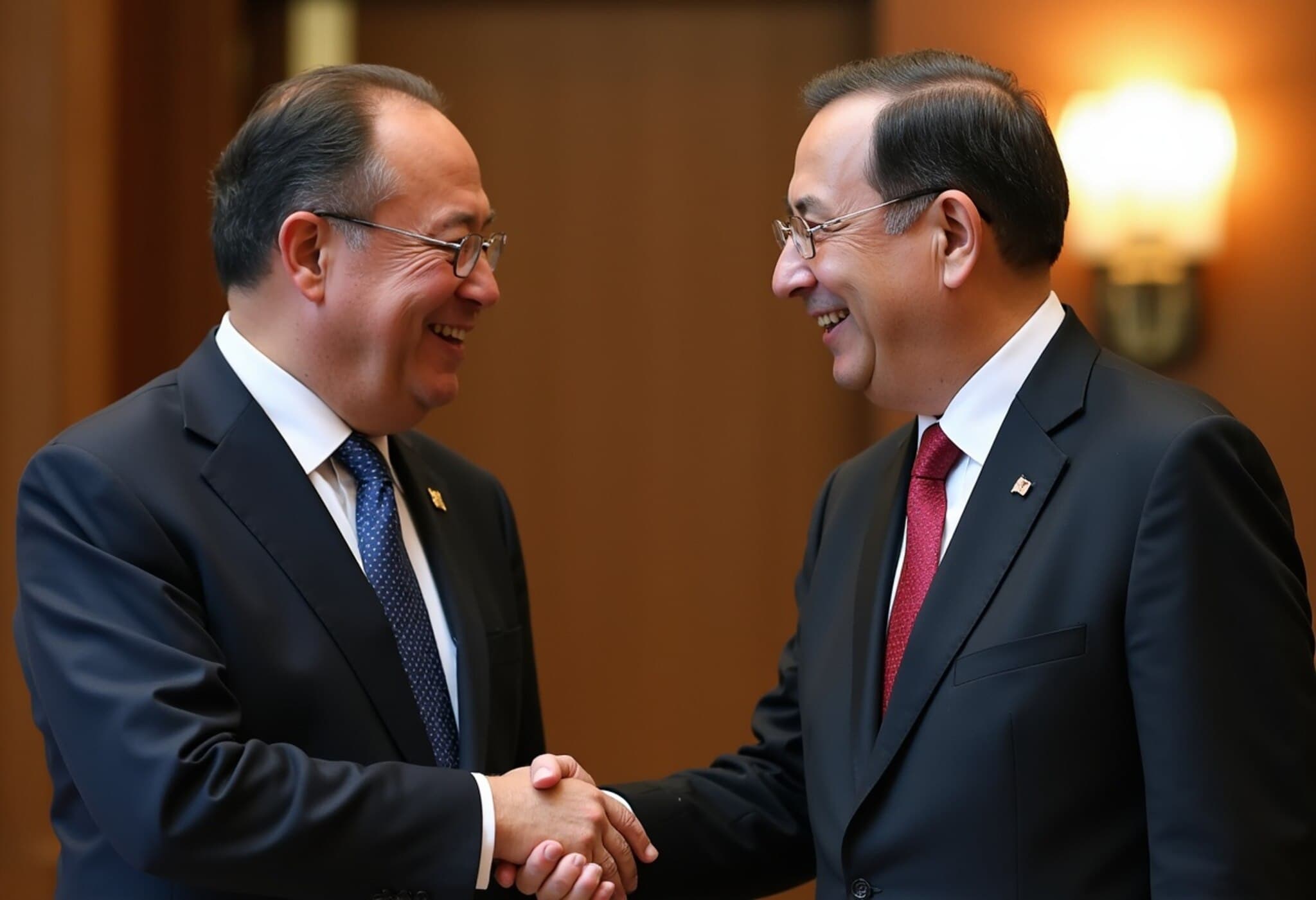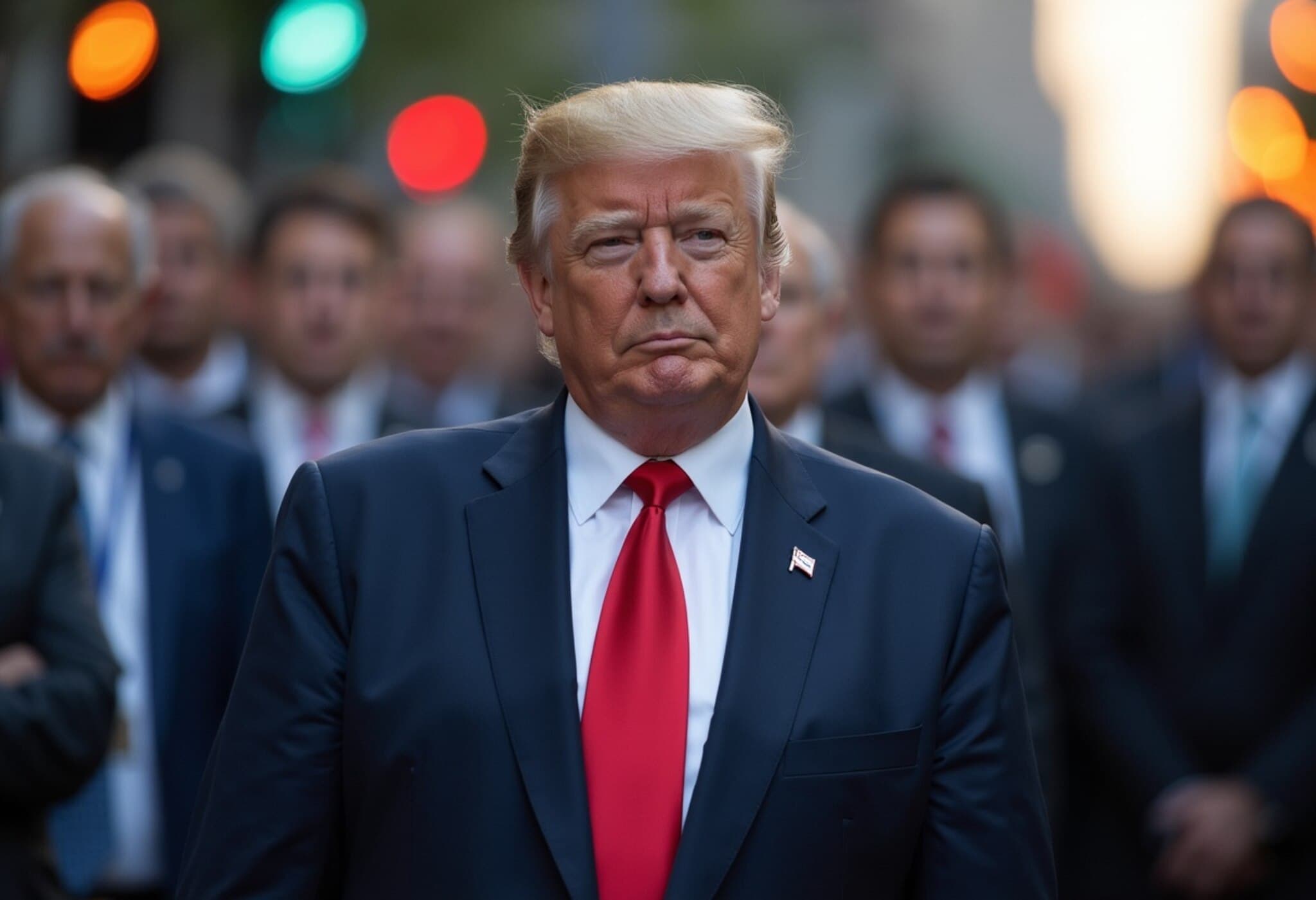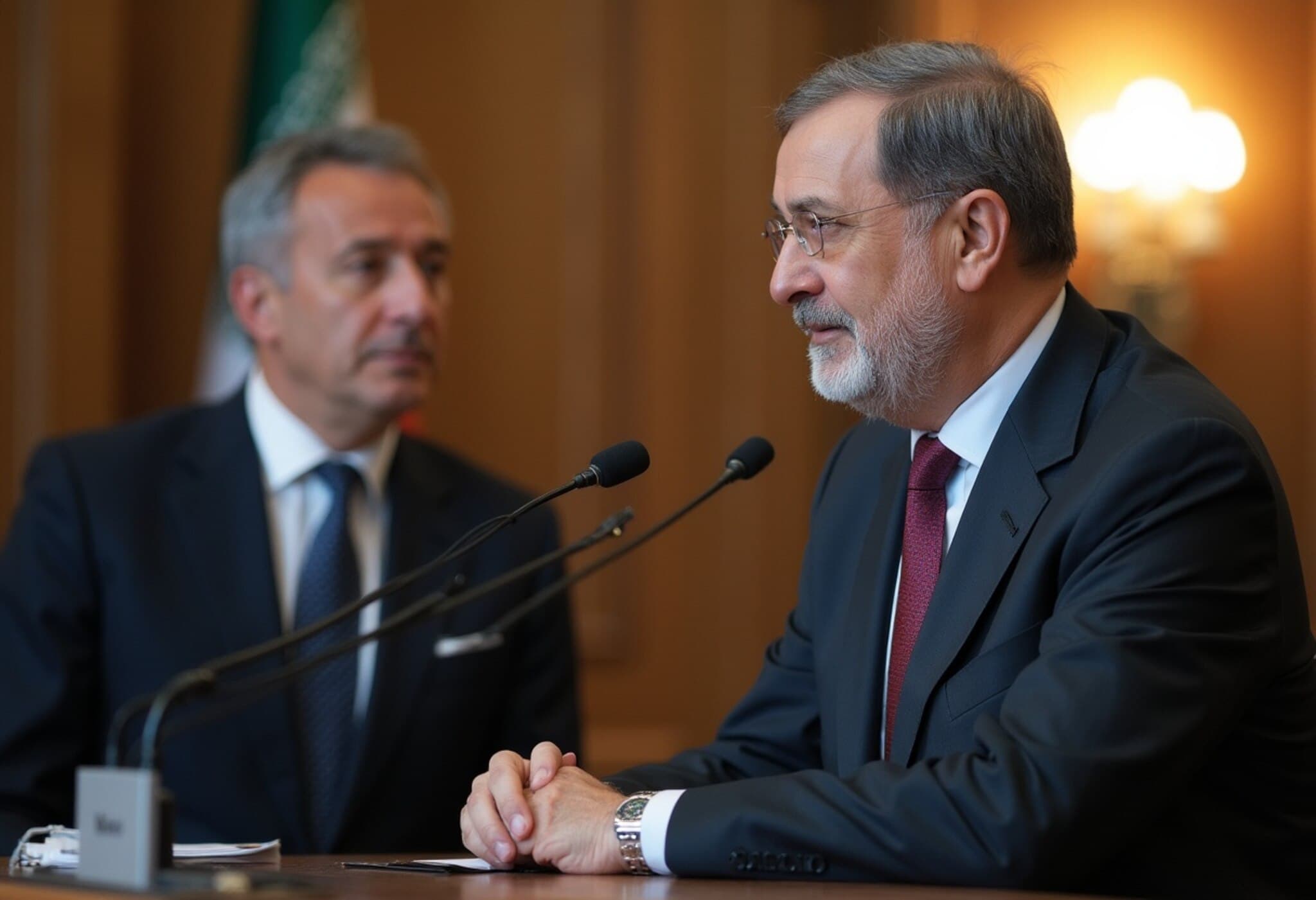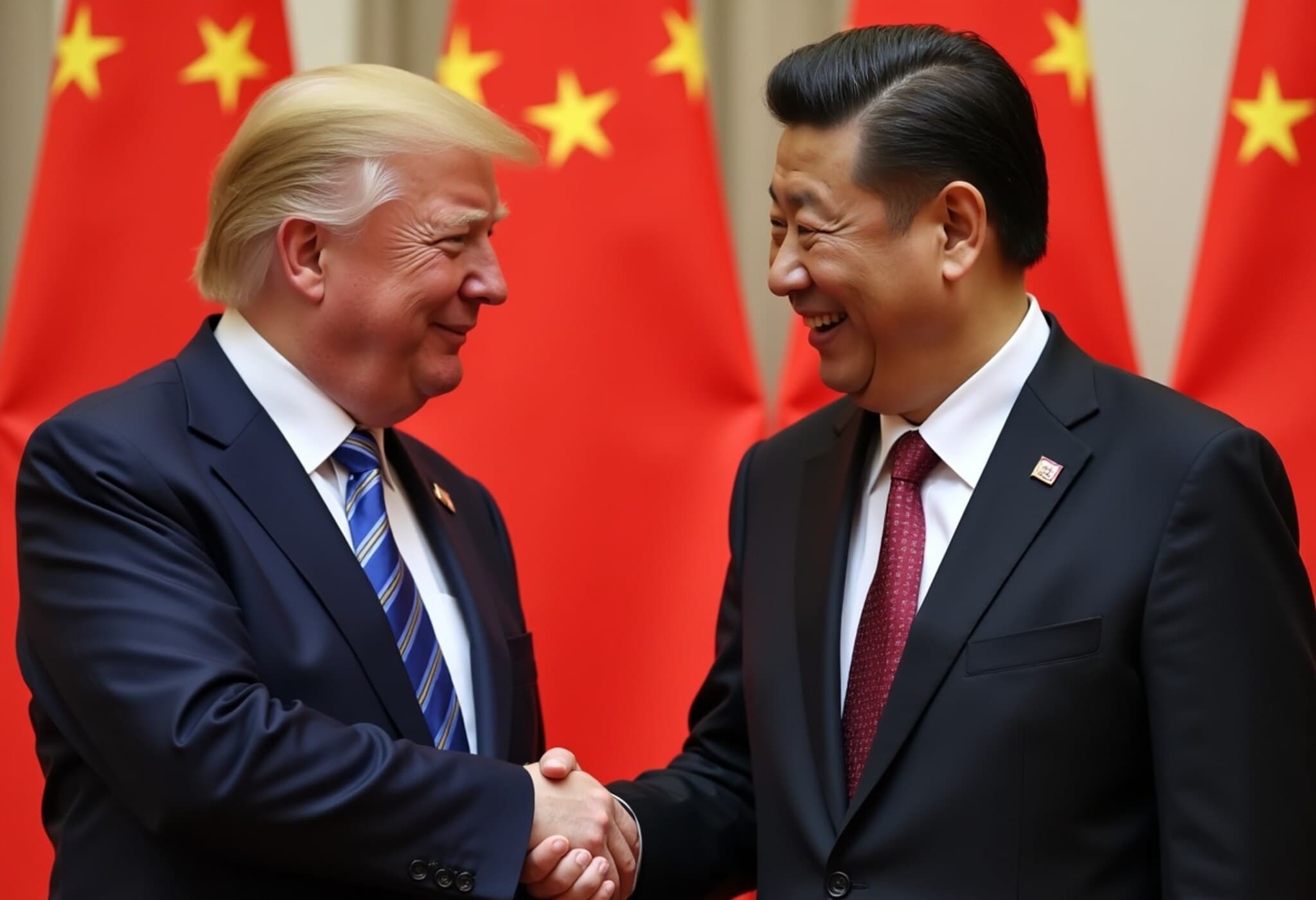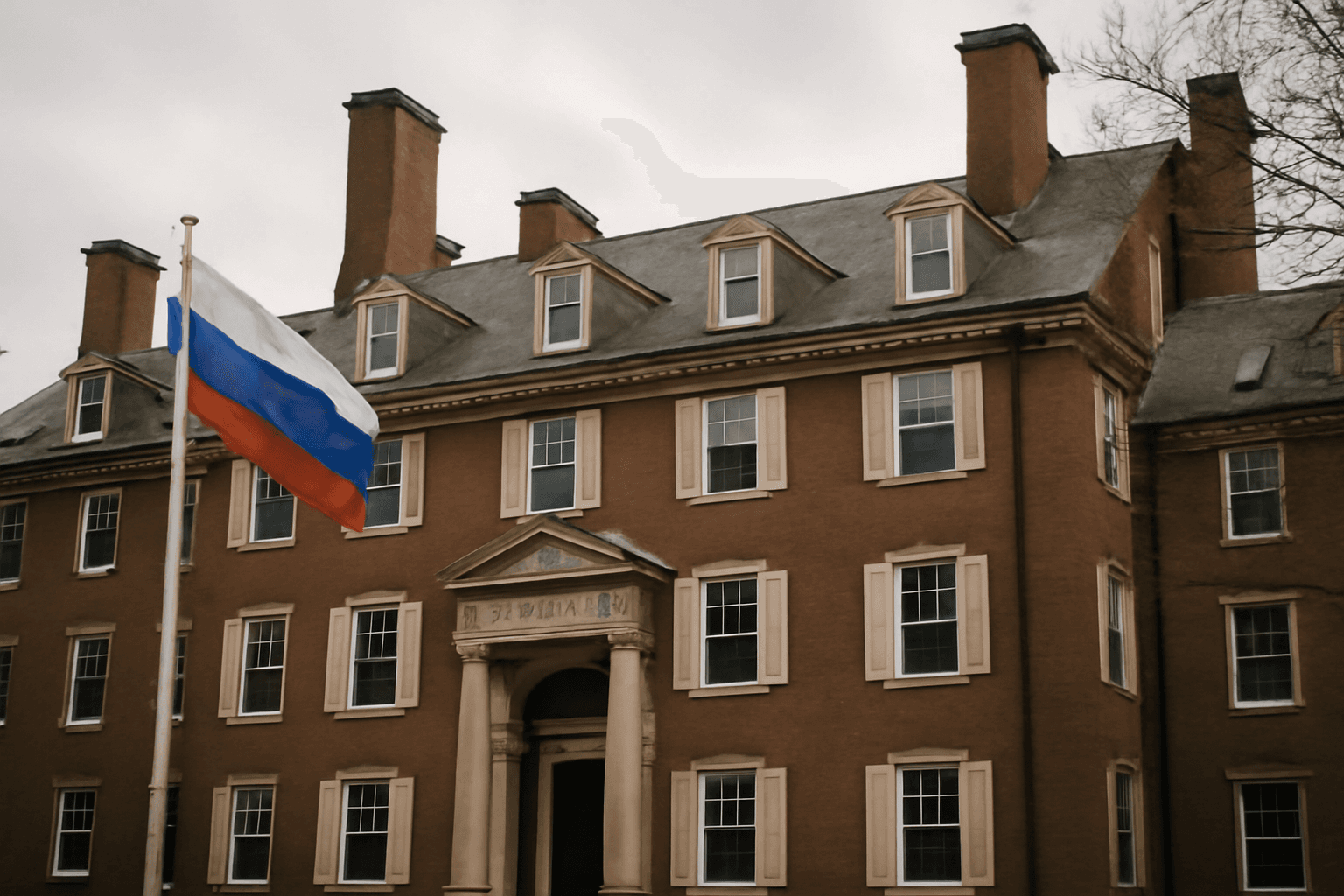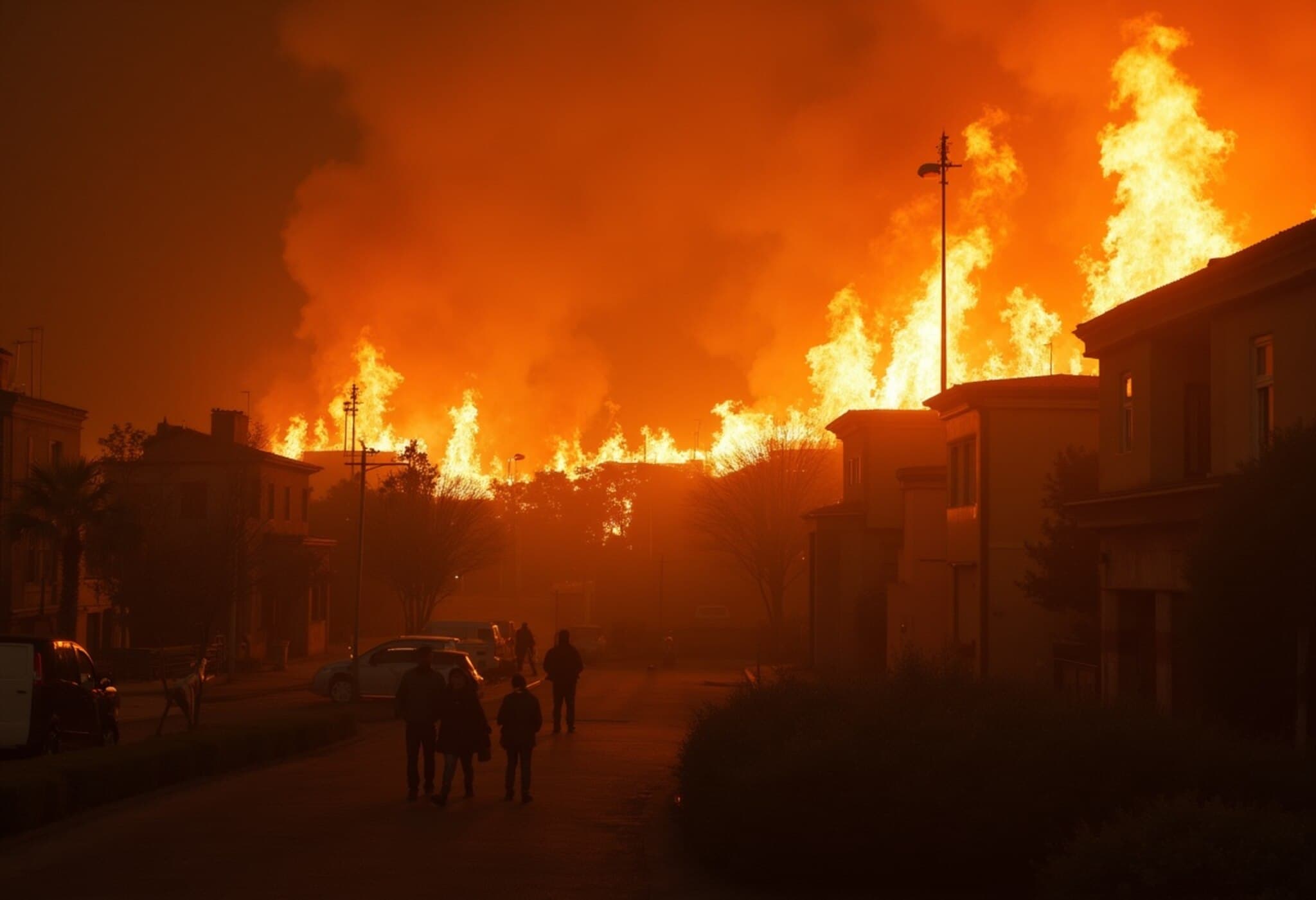US Secretary of State Marco Rubio Praises Trump for Peace Efforts
In a recent White House Cabinet meeting, US Secretary of State Marco Rubio credited former President Donald Trump with preventing a potentially catastrophic war between nuclear-armed neighbors India and Pakistan. Rubio highlighted the administration's diplomatic interventions as instrumental in quelling tensions that could have escalated into nuclear conflict.
Rubio’s Remarks at White House Cabinet Meeting
Speaking alongside President Trump, Secretary Rubio lauded the former president's leadership in resolving international conflicts. "Under your leadership, we’ve prevented and ended a war between India and Pakistan," Rubio stated, affirming multiple diplomatic achievements beyond just the South Asian crisis, including peace efforts in Africa and the Caucasus region.
Rubio named several other diplomatic breakthroughs under Trump’s watch, such as the peace agreement between the Democratic Republic of the Congo and Rwanda, stemming from a brief but intense 12-day war, which he attributed to a unique American-led operation. He also mentioned ongoing peace negotiations between Azerbaijan and Armenia, as well as transformative developments underway in Syria and Lebanon, describing these as testament to Trump's effective global leadership.
Trump’s Own Claims: Leveraging Trade to Deter Conflict
Just a day prior, Trump reiterated his role in preventing the India-Pakistan conflict, saying he warned both countries that the US would halt trade relations if hostilities continued. "We said we’re not going to be dealing with you at all if you’re going to fight," Trump told reporters ahead of a bilateral meeting with the Israeli Prime Minister at the White House.
He emphasized that India and Pakistan, as nuclear powers, were on the brink of a fight that “could have gone nuclear,” underscoring the gravity of the potential crisis. Trump framed America’s economic leverage as a key peacekeeping tool, asserting that his administration’s firm stance averted escalation.
Contextualizing the India-Pakistan Tensions and US Diplomacy
The decades-long rivalry between India and Pakistan is one of the most volatile flashpoints globally, rooted in territorial disputes and historical conflicts, notably over the Kashmir region. Both countries possessing nuclear arsenals makes ceasefire management critical to global security. While various international actors have meditated historically, the US role under Trump represents a notable example of leveraging trade and diplomacy to deter military confrontation.
Expert analysis suggests that economic incentives and threats can be powerful diplomatic tools, particularly when paired with clear communication and international backings, as appears to have been the case here. Yet, questions remain about the longevity of such peace and the underlying tensions that continue to simmer beneath the surface.
Broader Implications for US Foreign Policy
Rubio’s remarks also spotlight the administration’s broader agenda of resolving conflicts in Africa and the Middle East. From the Congo to Armenia, the US has positioned itself as a peace broker leveraging operational capabilities and diplomatic channels.
This approach reflects a strategic use of American influence combining military readiness, diplomatic pressure, and economic measures. However, balancing such interventions with respect for sovereignty and addressing root causes of conflict remains a persistent challenge.
Conclusion
The claims by Rubio and Trump underscore America's evolving foreign policy toolkit in the 21st century—merging traditional diplomacy with economic pressure to maintain global stability.
Editor’s Note
While the prevention of an India-Pakistan war is undeniably significant, deeper questions about sustainable peace and regional stability persist. How durable are these diplomatic breakthroughs? Will economic pressure methods work long-term, or do they risk fostering resentment and future conflict? Understanding these dynamics is crucial as the US continues to navigate complex geopolitical landscapes.

